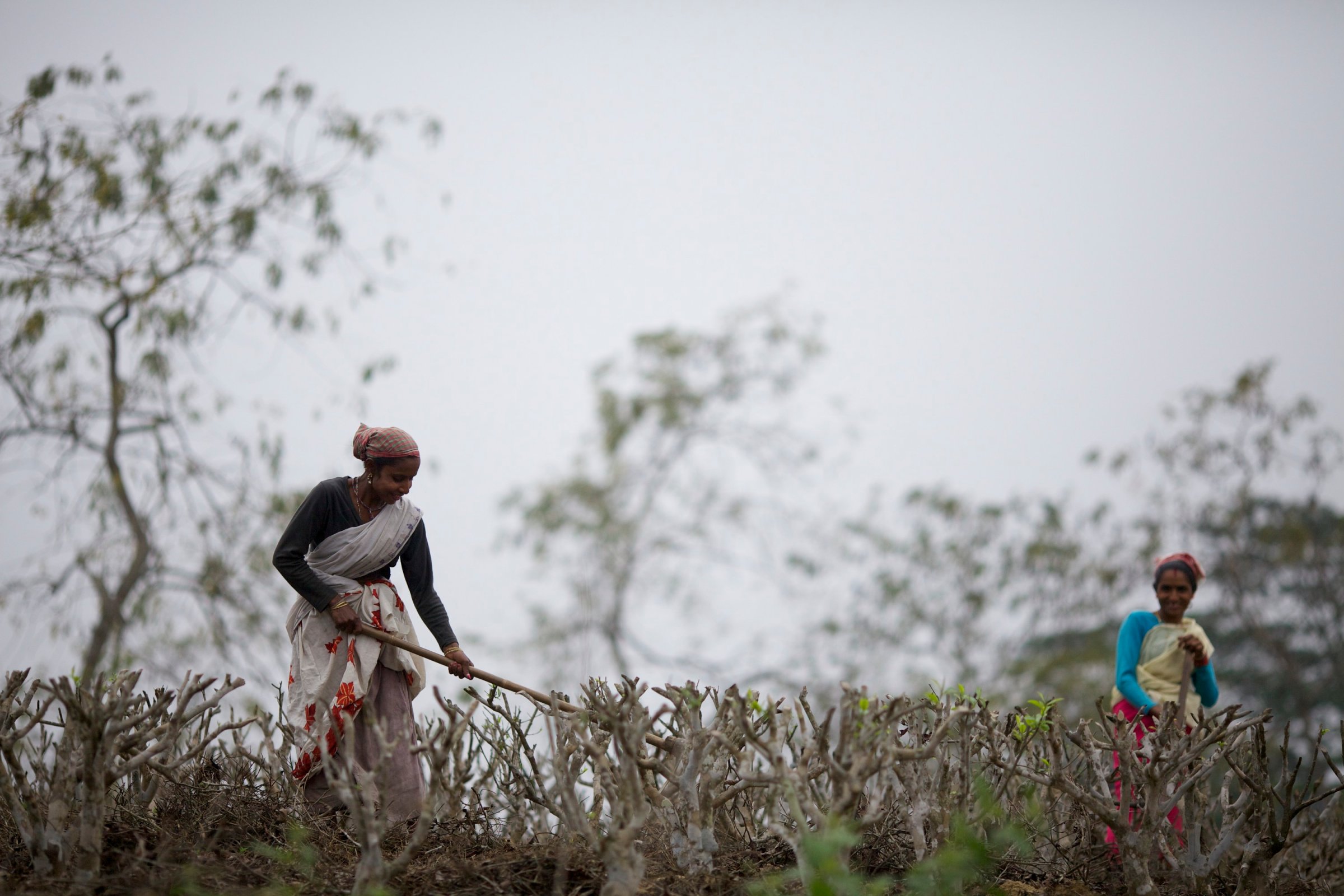
As one of the world’s most popular beverages (reportedly second only to water), the production of tea is immensely important. But the living conditions of many tea-plantation workers in India — the world’s second largest producer of the drink — are not given nearly as much importance, an investigation by the BBC has revealed.
The investigation, conducted jointly with Radio 4’s File on Four in India’s northeastern state of Assam, revealed leaking, decrepit living quarters sorely lacking in basic hygiene and sanitation. Drains are left open and cesspits flood into living areas.
The workers, who help supply to massive international brands like Tetleys, Lipton, Twinings and PG Tips, are paid about $1.50 a day — far lower than India’s already low minimum wage — with many malnourished and prone to diseases as a result of their squalid existence. The BBC also found workers spraying hazardous chemicals without using protective gear, and said that child labor was being used on some estates.
Sandip Ghosh, head of the Indian Tea Association’s Assam branch, told the BBC that conditions were not acceptable. “These issues need to be addressed,” he said.
Read the BBC’s full investigation here.
More Must-Reads from TIME
- Why Trump’s Message Worked on Latino Men
- What Trump’s Win Could Mean for Housing
- The 100 Must-Read Books of 2024
- Sleep Doctors Share the 1 Tip That’s Changed Their Lives
- Column: Let’s Bring Back Romance
- What It’s Like to Have Long COVID As a Kid
- FX’s Say Nothing Is the Must-Watch Political Thriller of 2024
- Merle Bombardieri Is Helping People Make the Baby Decision
Write to Rishi Iyengar at rishi.iyengar@timeasia.com